Contact Lenses
Choose from many contact lens options at Focused Eye Care in Nashua and Milford. Your eye care provider will do a complete eye examination and ask questions about your lifestyle to recommend the contact lenses that are best for you.
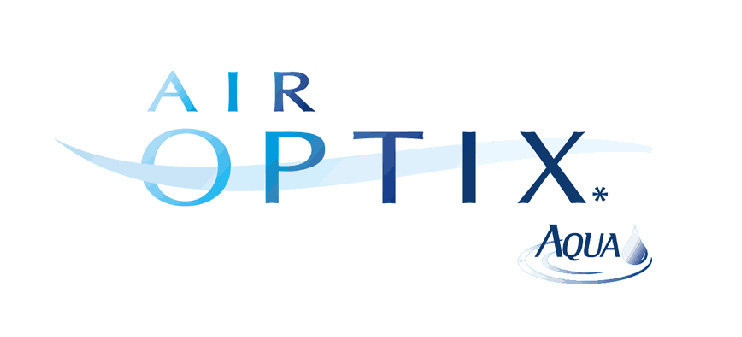

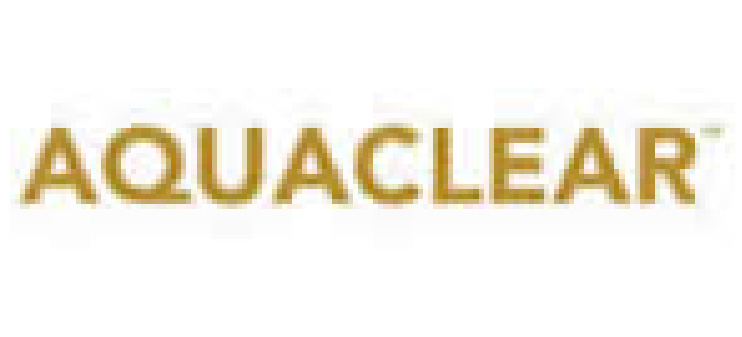

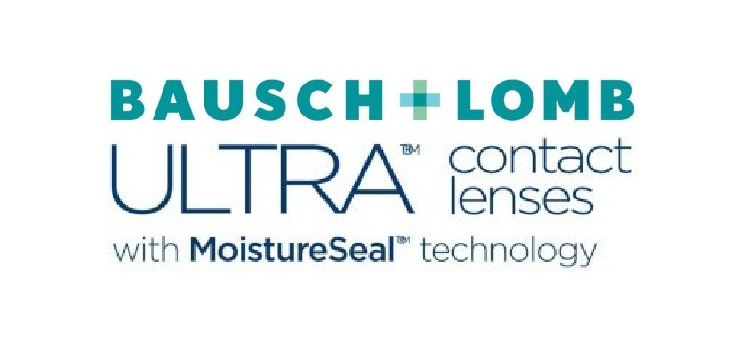

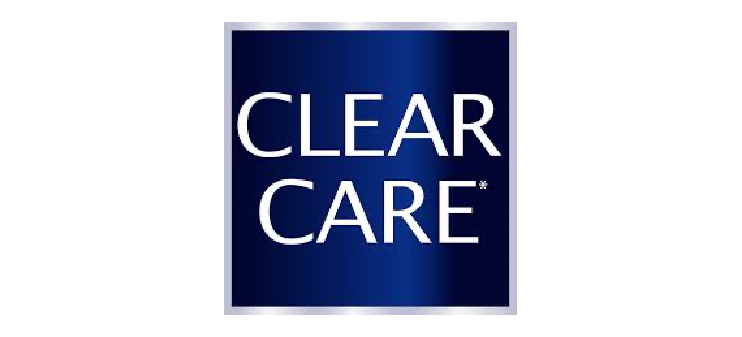
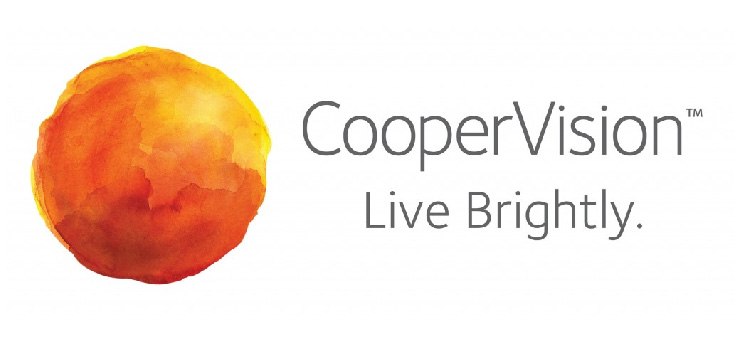

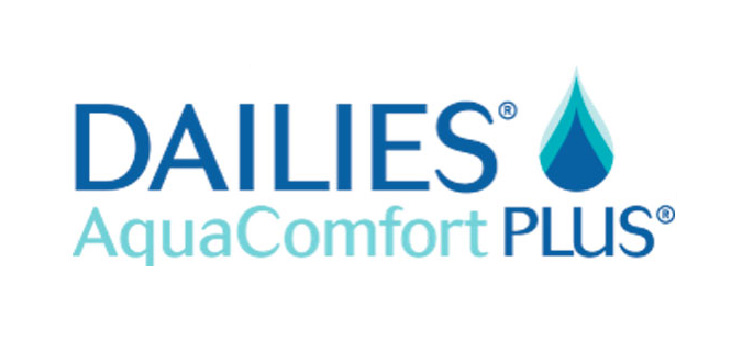
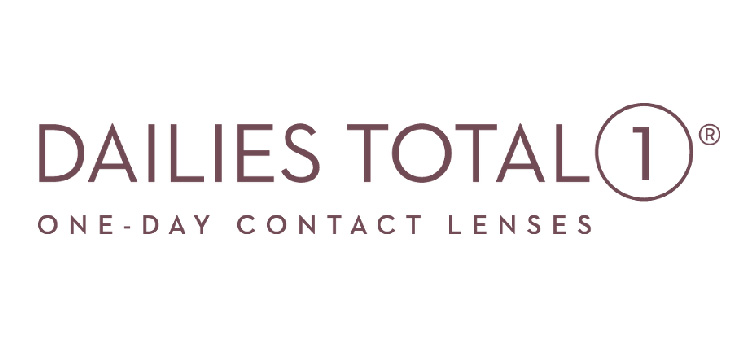
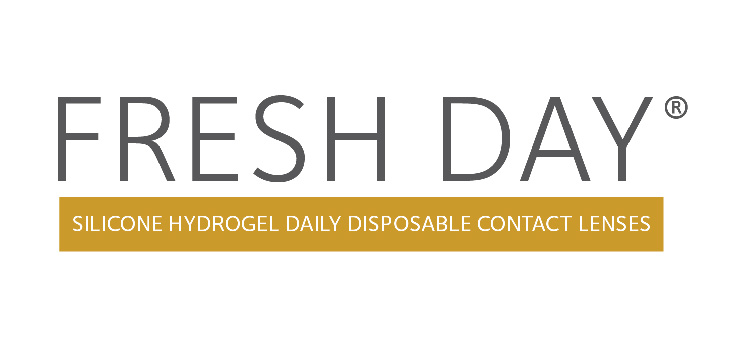
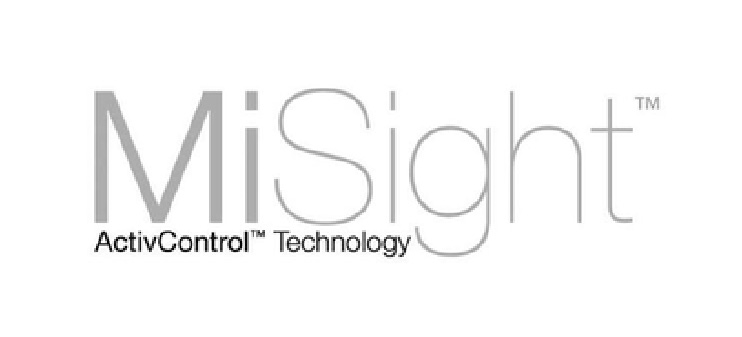



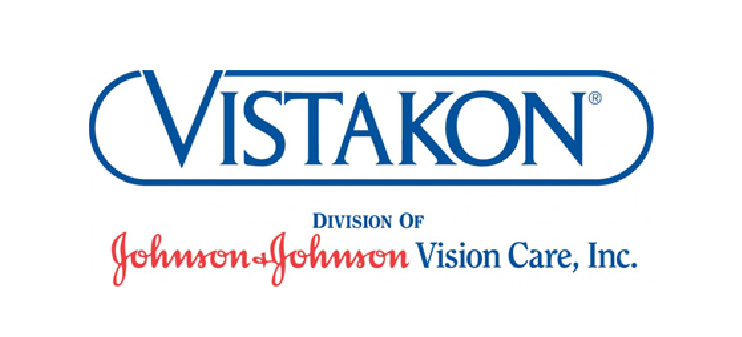
A Closer Look
What to Consider
There are many reasons why you might prefer contact lenses to standard eyewear – a glasses-free look, hassle-free vision correction, wearing non-prescription sunglasses and goggles, or the convenience of not having to worry about misplacing your glasses, to name a few. If you have a high prescription or astigmatism, contact lenses may also provide more enhanced vision correction than glasses. You can even replace your bifocal glasses with multifocal contact lenses.
New to contact lenses? Keep these brochures handy.
Types of Contact Lenses
Most people can wear more than one type of contact lens. Which is best for you? Here is a quick look at the different types:
These lenses are comfortable to wear and are often recommended for sports because they fit closer to the eye and are more difficult to dislodge. Depending on the type you choose, soft lenses must be replaced monthly, weekly or daily. They can provide correction for most prescriptions, including astigmatism. With the introduction of newer materials such as silicone hydrogels, which allow more oxygen to the eye, patients find it easier than ever to wear soft lenses comfortably.
If you wear soft contacts, daily disposable lenses are a great choice. They are lighter than weekly or monthly lenses, and you do not have to clean them. You simply open a fresh pack of lenses every day and put them in. Because they are fresh every day, there is no need to worry about the potentially harmful build-up of proteins and grime that can result from less-than-perfect (or lack of) cleaning. When you factor in the time saved from cleaning and the cost of lens solutions and cleaning supplies, daily lenses offer great convenience at a cost that is comparable to other lenses.
Made of moderately flexible plastics, GP lenses are more durable than soft contact lenses and can be easier to care for and handle. They offer sharp vision and correct most vision problems, but may be harder to adapt to than soft lenses. You must wear GP lenses consistently to maintain adaptation.
Available in both soft and GP designs, multifocal lenses offer both distance and near vision correction, just like a pair of bifocal glasses.
Silicone hydrogels are soft contact lenses that have high oxygen permeability and are comparable to GP lenses. They may often be worn for extended periods without eye discomfort.


